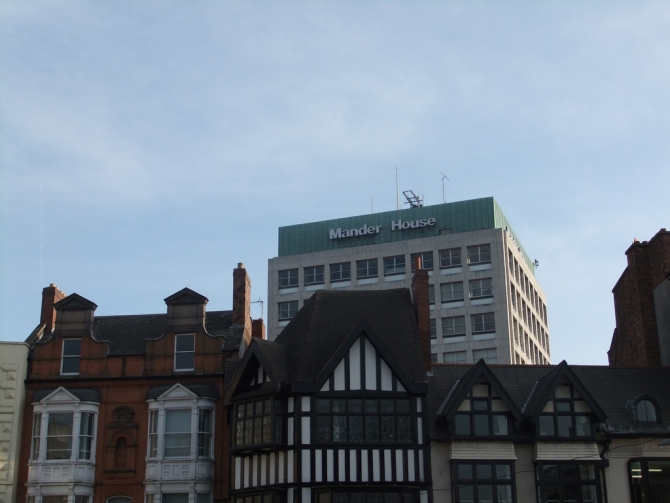Wolverhampton council has launched an international search for developers and investors to regenerate a brace of neglected sites across the West Midlands city.

To manage what the authority calls its “soft marketing” exercise it has hired property consultants Bruton Knowles. Feedback from the project will help the council form a clearer idea of what development schemes are viable for the Westside and Southside area’s of the city.
Westside contains the largest development opportunity in the city centre and is situated to the west of Wolverhampton’s core retail area. It is split into two separate sites and has a combined area of 7.36 acres, the majority of which is owned by Wolverhampton City Council.
Southside is situated immediately adjacent to the city’s main shopping district and covers an area of 4.34 acres. Under its 2012 “City Centre Prospectus”, the authority has already earmarked both sites for mixed-use opportunities with an emphasis on commercial, leisure, office, community and residential.
Peter Bilson is Wolverhampton’s cabinet member for economic prosperity and regeneration. “Thanks to council encouragement we are already seeing developments happening in Westside and Southside, as well as the wider city centre,” he said.
“This consultation, however, is about building on that growing confidence and attracting even more inward investment to Wolverhampton. We have worked hard to prepare these sites to make sure they are ready and primed for redevelopment and we now need potential developers and investors to share their ideas and vision.”
Over £1bn of public and private sector investment has already been committed to major Wolverhampton regeneration projects including a £60m Sainsbury’s superstore and the Mander Shopping Centre refurbishment, which attracted a new Debenhams department store.
Ian Mercer, head of development consultancy at Birmingham-based Bruton Knowles, said: “The Westside and Southside regeneration sites offer considerable potential to provide the catalyst for further investment within Wolverhampton city centre.
“These opportunities, combined with recent investments made in schemes such as Interchange, i54, and Building Schools for the Future, highlight how proactive and successful the city has been during the recession and also what future growth potential there is in Wolverhampton.
“The soft market testing represents an important early stage in the delivery of these key regeneration sites,” Mercer added. “The results will assist in determining the most effective way of packaging and releasing these sites to the market to maximise their impact particularly in relation to the city council’s economic regeneration ambitions and what is the best financing route.”